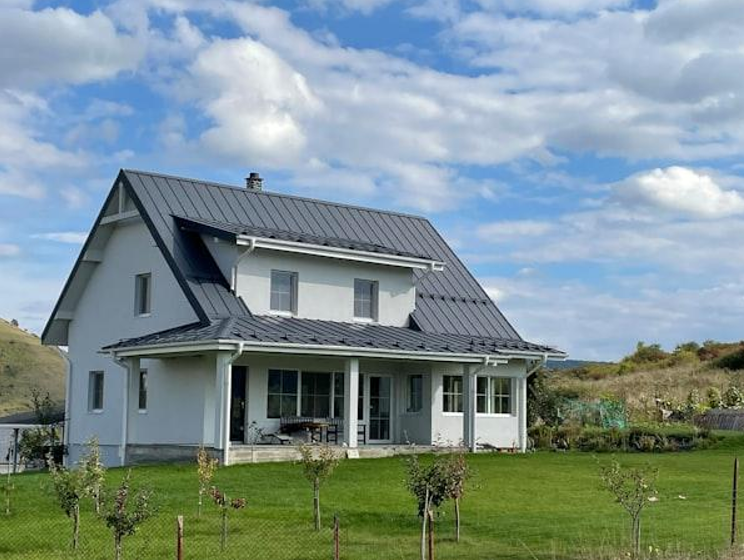Tips for Extending the Lifespan of Your AC Unit
An air conditioning unit isn’t just a convenience; it’s a major investment that impacts your home’s comfort, air quality, and energy use. When it runs efficiently and reliably, daily life feels easier during sweltering months. But like any mechanical system, an AC unit needs consistent attention to perform at its best for as long as possible.
Many homeowners wait until something breaks before thinking about maintenance. That reactive approach can shorten the unit’s lifespan, lead to costly repairs, and spike monthly bills. The good news is that extending the life of your AC system isn’t difficult when you take the right steps early and stay proactive.
Schedule Routine Maintenance
One of the most effective ways to extend the life of your air conditioner is through routine checkups by a certified HVAC technician. These inspections ensure that refrigerant levels are appropriate, coils are clean, and motors are running smoothly. Small issues like loose wiring or restricted airflow, when caught early, can prevent larger problems from developing.
An annual or biannual maintenance visit provides peace of mind that your system is functioning efficiently. It also allows professionals to catch signs of wear or damage before they escalate. In some cases, a worn-out component can cause the entire unit to work harder, placing unnecessary strain on the system.
Just like with a car, regular tune-ups maintain performance and prevent breakdowns. Most manufacturers recommend at least one service visit each year, ideally before the start of the cooling season.
Keep the Filters Clean
Air filters play a crucial role in how well your AC unit operates. When filters get clogged with dust, pollen, and debris, they restrict airflow, forcing the system to work harder to cool your home. This increases energy consumption and adds stress to internal parts, especially the fan and compressor.
Replacing or cleaning your filter once every one to three months helps the system breathe freely. Homes with pets, smokers, or allergy-sensitive individuals may require more frequent changes. Choosing the right filter for your system is important too; some filters offer better filtration but may need to be swapped out more often due to their density.
Clean filters improve indoor air quality and system efficiency at the same time. It's a small step with a big impact on the health and longevity of your AC unit.
Keep the Outdoor Unit Clear
Your air conditioner's outdoor condenser unit needs space to do its job properly. When it's surrounded by tall grass, weeds, leaves, or other debris, airflow gets restricted and the unit can't expel heat as efficiently. This can cause overheating, reduce efficiency, and eventually lead to breakdowns.
Make it a habit to clear at least two feet of space around the condenser. Trim shrubs and remove yard waste that might block airflow or get pulled into the fins. During seasonal yard maintenance, check for buildup on or around the unit that might have accumulated unnoticed.
Keeping the area around the outdoor unit clean both protects it from damage and allows it to work more efficiently. This reduces the amount of energy required and extends the overall lifespan of the system.
Understand System Limitations
It’s helpful to recognize the capabilities and age of your AC unit. Older systems may no longer run efficiently, even with regular maintenance. They might require more energy, cool less effectively, and be prone to breakdowns. Newer models come equipped with advanced features designed to reduce stress and extend longevity.
If your unit is more than 12 to 15 years old, pay close attention to changes in performance. At a certain point, replacement may be more cost-effective than continuous repairs. That decision becomes easier when you’ve tracked its condition and invested in maintenance along the way. It’s also wise to learn about common AC problems that appear in aging units, so you know when something feels out of the ordinary. Understanding those patterns gives you a better sense of when to act and what options are available for upgrades or repairs.
Don’t Overwork the System
Many AC units fail prematurely because they’re pushed beyond what they’re designed to handle. This often happens when thermostats are set too low for long periods, or when the system is expected to cool areas it wasn’t designed to serve.
Using ceiling fans, blackout curtains, or closing unused rooms can ease the burden on your AC. Programmable thermostats let you manage indoor temperatures more efficiently, automatically adjusting cooling based on your routine.
Understanding your unit’s capacity and respecting its limits helps maintain optimal function. Cooling your home steadily instead of dramatically lowering the temperature on hot days can reduce stress on internal parts during peak summer months.
Extending the life of your AC unit depends on consistent care, awareness, and a few proactive habits. From simple actions like replacing filters to more strategic ones like scheduling inspections and sealing ducts, each step contributes to better performance and fewer breakdowns. With the right approach, your cooling system can remain dependable for many years while saving you time, money, and stress.








